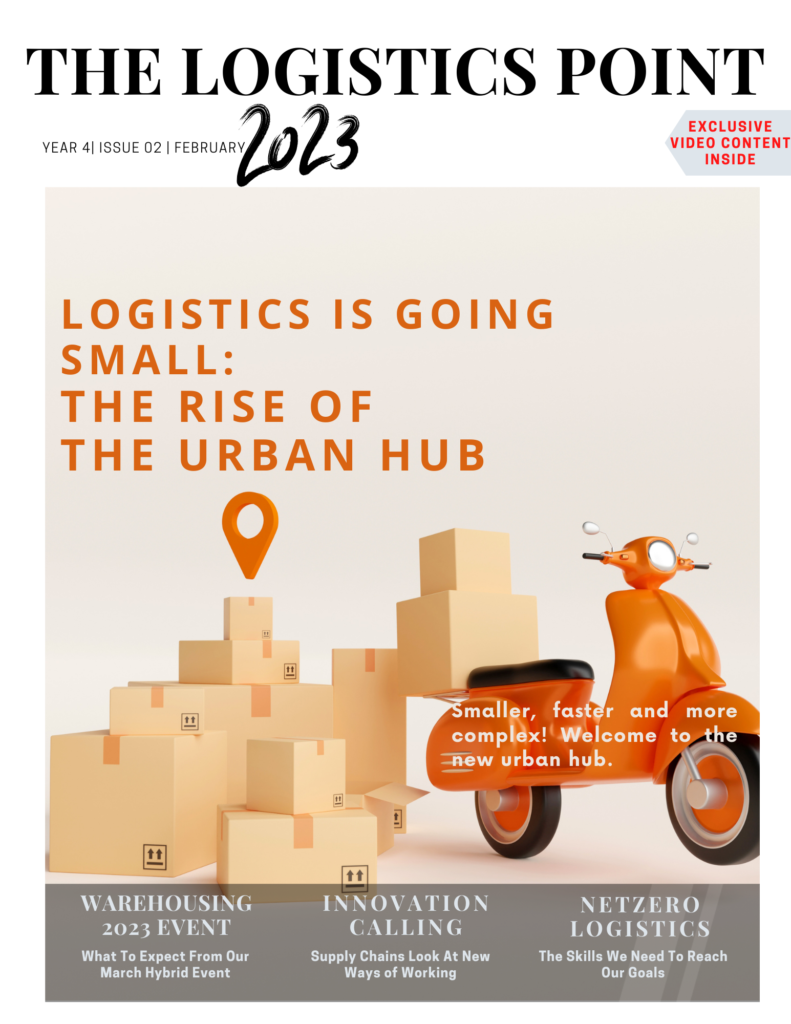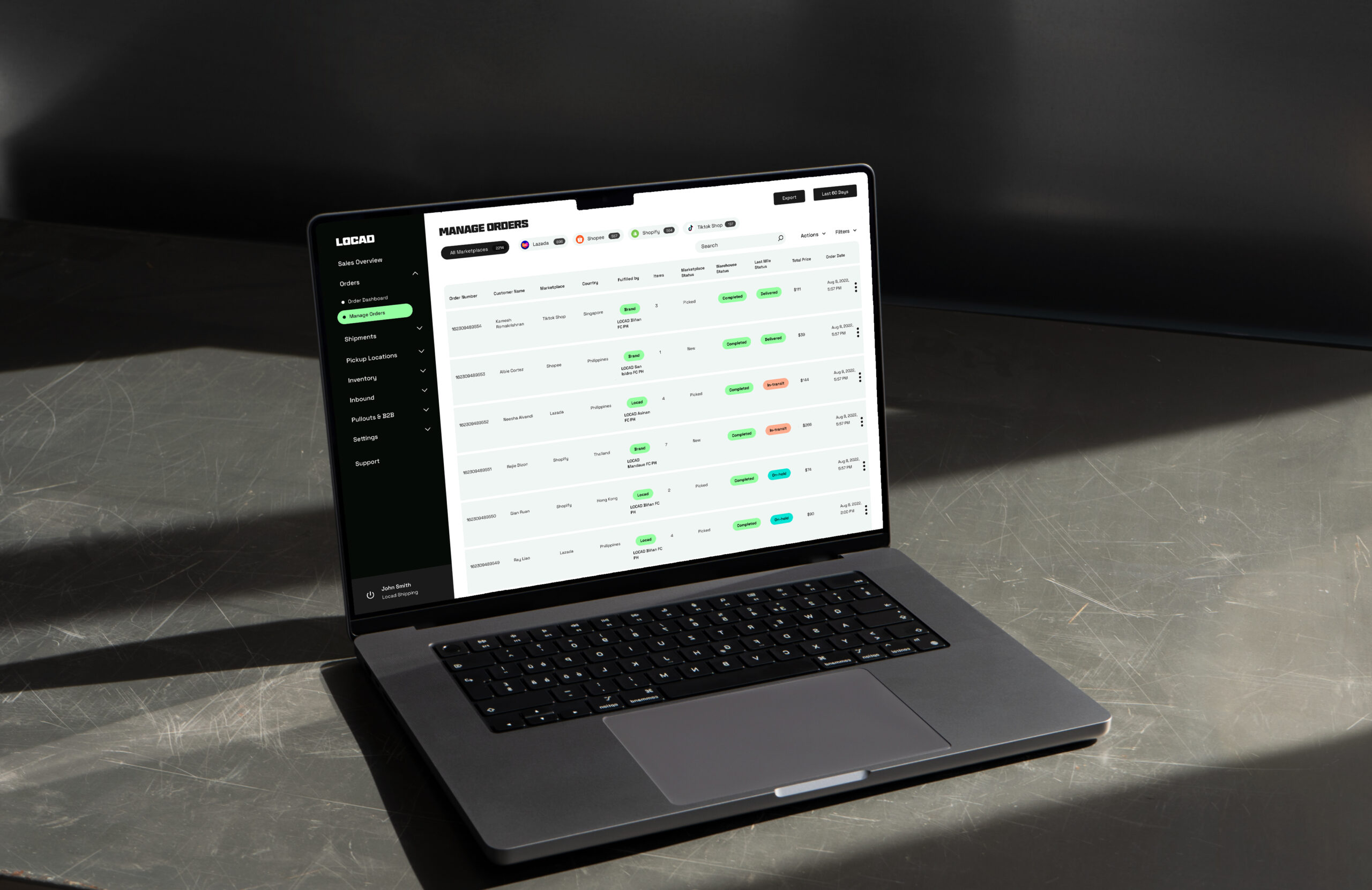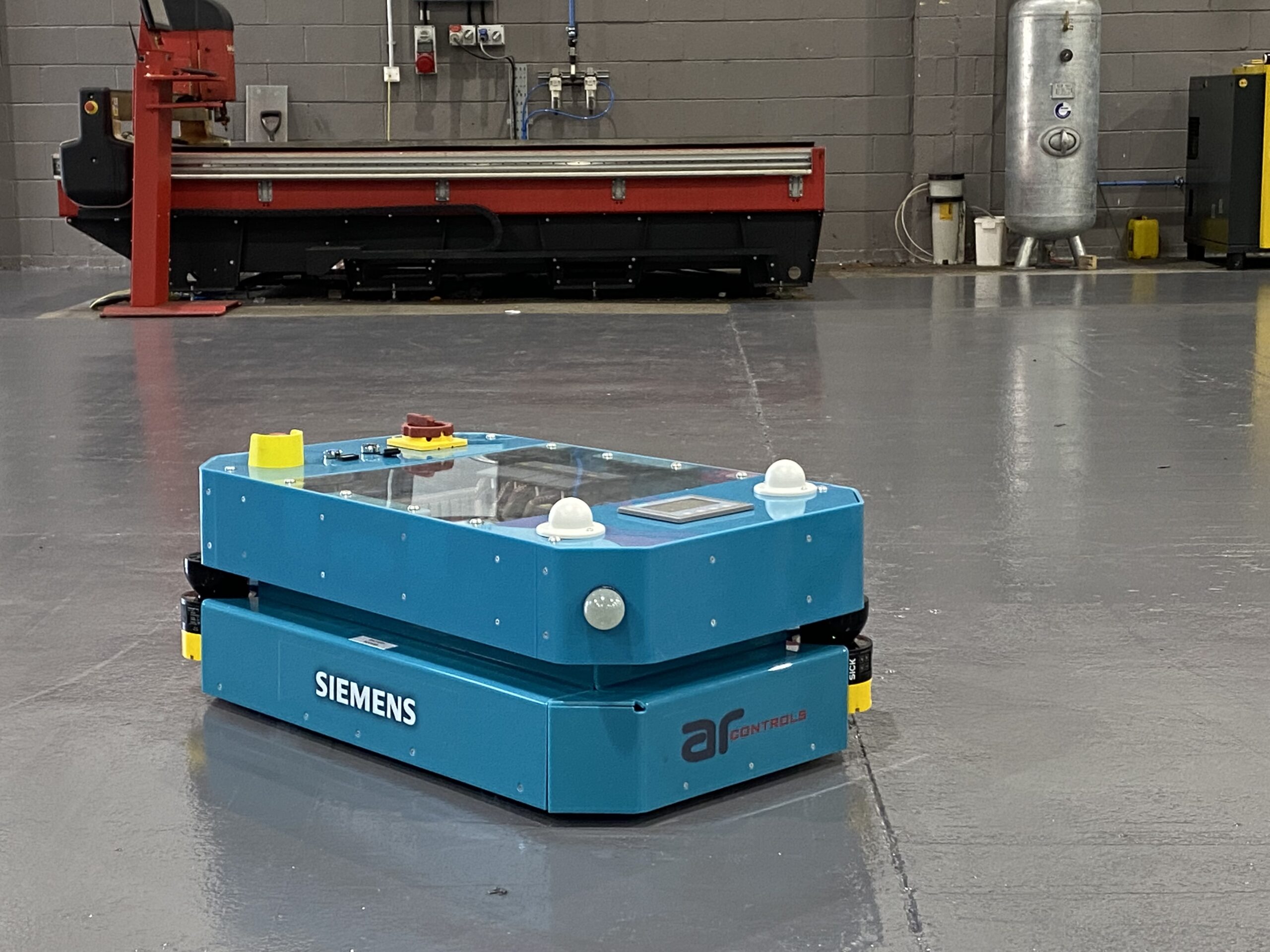Gartner, Inc. has announced the winners of its Power of the Profession Supply Chain Awards. The awards showcase powerful supply chain initiatives that enhance communities and the environment while delivering results that benefit businesses, communities, stakeholders and customers.

Gartner presents awards in four categories: customer or patient innovation, process or technology innovation, social impact and people breakthrough. In addition, an overall winner is recognized for supply chain breakthrough of the year.
“This year, Gartner’s Power of the Profession Awards showcased innovation on a global scale with an increasing emphasis on social impact,” said Eric O’Daffer, research vice president with Gartner’s Supply Chain practice. “The majority of finalists and winners were notable for approaching challenges with a global lens and the entries we received that focused on social impact more than doubled from last year.”
Supply Chain Breakthrough of the Year: Microsoft Corporation, for its submission “Real Time Visibility Enabling a Sentient Supply Chain.” This submission was also recognized as the winner of the Process or Technology Innovation of the Year.
As the pandemic’s effects on supply and demand waned in 2022, changing market conditions required Microsoft’s Devices Supply Chain team (DSC) to enable a quick pivot from a supply-constrained environment to a fully order-driven model, thereby avoiding significant inventory risks. Microsoft wanted to develop a sentient supply chain that was “all-sensing and monitoring,” predictive and able to consistently optimize itself in real time. This meant building end-to-end (E2E) visibility from tracking every raw material to finished-goods sales, returns and repair operations.
The results of this transformation included $550 million saved in inventory risk avoidance, an Azure-driven platform that captures more than 50 million supply chain data points per day and a suite of self-serve analytics that converts real time signals into actionable intelligence.
Social Impact of the Year: Vodacom Group, for its submission, “A Healthcare Cold-Chain Beyond COVID-19.”

Many countries in Africa lack the basic infrastructure and capacity to safely store vaccines at the extremely low temperatures required. Backed by a significant donation from the Vodafone Foundation, together with the Vodacom Group, the South Africa-based mobile communications company, spearheaded the successful rollout of a vaccine cold storage and distribution solution in Africa. Logistics execution was key, with close to 3,000 cold-chain units supplied to more than 500 vaccination sites across South Africa, Mozambique, Tanzania, DRC and Ghana in a short space of time.
Vodacom leveraged its internal supply chain expertise to coordinate and track the successful delivery of equipment, with the rapid establishment of a dedicated cold-chain logistics control tower solution to oversee operations.
Customer or Patient Breakthrough of the Year: Zuellig Pharma, for its submission “eZTracker: Making Safe Healthcare More Accessible from Plant to Patient with Blockchain.”
Data silos in the pharmaceutical industry hinder supply chain visibility and stifle collaboration across healthcare, resulting in vulnerabilities and inefficiencies which cause monumental disruption and threaten patient safety. With its low digital maturity, the pharmaceutical industry cannot orchestrate a coordinated response in a timely fashion to address issues like counterfeits, poor cold-chain management and medicine shortages.
To make safe healthcare more accessible, Zuellig Pharma developed eZTracker, the first production-grade, end-to-end supply chain traceability solution powered by blockchain. Live in five markets, eZTracker is a solution that tracks more than 2.9 million products and connects more than 53,000 active users on blockchain.
People Breakthrough of the Year: Procter & Gamble, for its submission “Equality and Inclusion: Goa Plant ‘Saksham.’”
In Goa, India the conservative legislative norms do not allow women to work in manufacturing industries beyond day shift work. This effectively meant that women could not be part of Procter & Gamble’s 24×7 production crews. Through a unique Equality and Inclusion program, P&G aimed to hire female shop-floor trainees to recognize them as “saksham” (meaning “capable, competent”) to achieve their professional goals, and eventually become role models to inspire others in the future.
The result was a comprehensive program that coordinated closely with external government agencies and within six months moved from idea conception to enabling a fully female shop-floor production crew, the first of its kind in P&G’s Feminine Care business in Asia Middle East & Africa Region.


